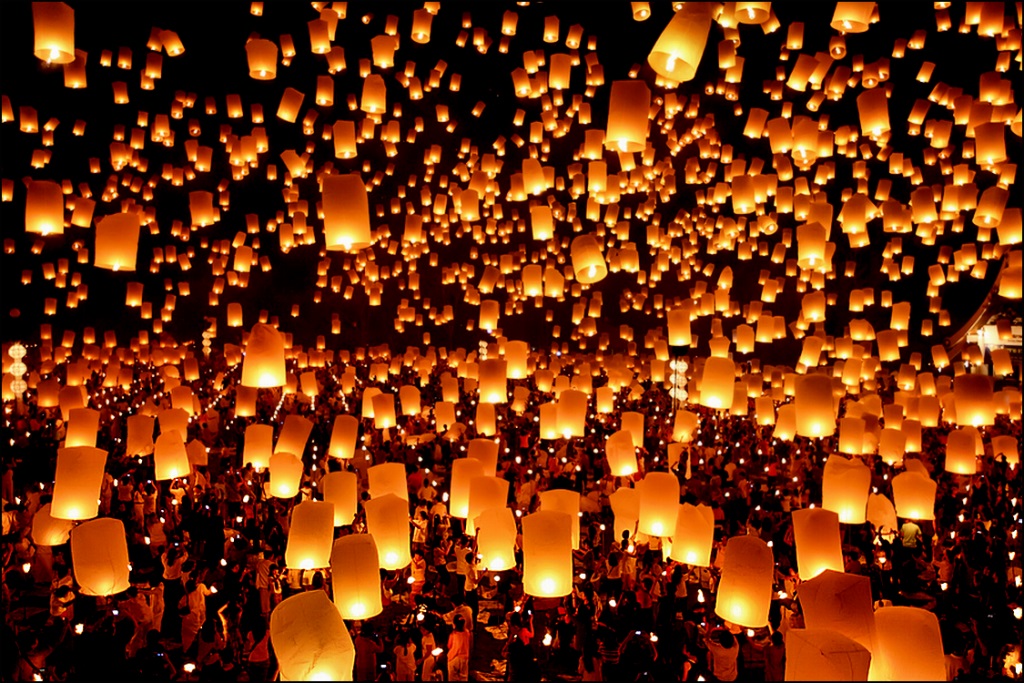Diwali: The Festival of Lights – Significance, Traditions, and Celebration
Diwali, also known as Deepavali, is one of the most significant festivals celebrated by Hindus and is observed by millions of people worldwide. Often referred to as the “Festival of Lights,” Diwali signifies the victory of light over darkness, good over evil, and knowledge over ignorance. In this blog post, we will delve into the rich cultural significance of Diwali, explore the various traditions and rituals associated with it, and highlight the vibrant celebrations that fill the air with joy and positivity.
The Significance of Diwali
- Triumph of Light: Diwali commemorates the return of Lord Rama, an incarnation of the god Vishnu, from his 14-year exile and his victory over the demon king Ravana. The lighting of lamps and candles symbolizes the triumph of light over darkness and the dispelling of ignorance.
- Goddess Lakshmi: Diwali is also dedicated to Goddess Lakshmi, the deity of wealth and prosperity. Devotees seek her blessings for financial success and material well-being.
- New Beginnings: Diwali marks the start of a new year in the Hindu calendar. It is a time for self-reflection, renewal of relationships, and setting positive intentions for the year ahead.
Traditions and Rituals
- Cleaning and Decoration: In the weeks leading up to Diwali, homes are thoroughly cleaned, and colorful rangoli (decorative patterns made from colored powders or flower petals) are created at entrances to welcome guests and deities.
- Lighting Lamps and Candles: Rows of oil lamps, candles, and diyas (clay lamps) are lit both inside and outside homes to symbolize the victory of light over darkness and to invite blessings into the household.
- Puja and Prayer: Families gather for a special puja (prayer) to seek the blessings of deities, especially Goddess Lakshmi. Offerings of sweets, fruits, and flowers are made during the prayer ceremonies.
- Exchanging Gifts: Diwalli is a time for giving and receiving gifts as an expression of love and goodwill. Families and friends exchange sweets, clothing, and tokens of affection.
- Firecrackers: Fireworks and firecrackers light up the night sky during Diwali, adding to the festive atmosphere. They are believed to ward off evil spirits.
Celebrations
- Family Reunions: Diwali is a time when families come together, regardless of geographical distances, to celebrate and strengthen their bonds.
- Feasting: Elaborate feasts are prepared, featuring a variety of sweets and savory dishes. Special Diwali’s sweets like ladoo and jalebi are enjoyed by all.
- Cultural Performances: In many regions, cultural events, dance performances, and music concerts are organized to celebrate the spirit of Diwali.
Conclusion
Diwali, the Festival of Lights, is a celebration of light, love, and the triumph of good over evil. It brings families and communities together, fostering joy, unity, and positivity. Therefore, traditions, rituals, and festivities associated with Diwali showcase the cultural richness and spiritual significance of this beloved Hindu festival. Also lamps and candles illuminate homes and hearts, Diwali serves as a reminder of the enduring power of hope and the importance of spreading light and love in the world.


